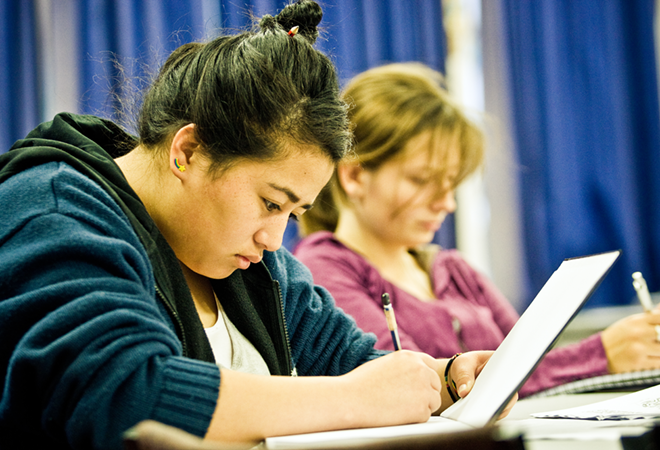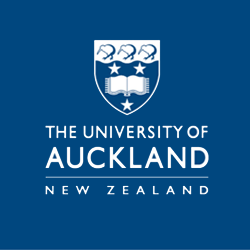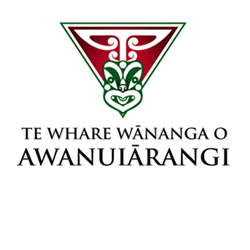
PROJECT
How can the concept of pōwhiri be used to teach essay writing skills?
Supporting learners,
Māori learner success,
Teaching strategies,
Literacy and numeracy skills,
Teacher professional development,
Mātauranga Māori,
Māori learning/teaching pedagogies,
Tikanga Māori,
Te Reo Māori,
Kaupapa Māori,
Values-based learning,
Māori learner success,
Bridging and transition
Status
Completed: 20 October 2019
Project Details
A project, due to be completed in May 2018, to explore how the concept of “pōwhiri” can be used to help students to better prepare and construct essays and contribute to enhanced teaching and learning. A collaboration of University of Auckland and Te Whare Wānanga o Awanuiārangi.
Aims:
The main aims of the project are to:
- examine how academic workshops for Māori students may influence them to move from a state of languishing (running on empty, devoid of positive emotion, merely existing) to flourish (function well, emotional vitality, truly living) in their studies
- investigate how academic workshops’ content and timing can be tailored to the preferences of the student
- raise students’ ability to better prepare and construct essays which will have a measurable impact on their achievement and success
- encourage long-term skill development and change through an approach which integrates cultural philosophies and practices.
Methodology:
The project methodology includes the following activities:
- a broad scoping of the literature on Māori tertiary participation, retention and success
- focus groups of Māori students to capture how Māori students make connections between pōwhiri and essay structures
- delivering and evaluating workshops on using pōwhiri to better prepare and construct essays.
Team

Tepora Pukepuke
Project Lead
The University of Auckland
Te Kani Kingi
Te Whare Wānanga o Awanuiārangi
Professor Nathan Matthews
Te Whare Wānanga o AwanuiārangiStatus
Funding
$10,750.00 (excl GST)
$10,750.00
University of Auckland and Te Whare Wānanga o Awanuiārangi
Key Findings
Key Recommendations
This project seeks to harness the rich innate cultural expertise of the Māori learner to improve the recall of needed academic skills. In this report, you will find a summary of the project, the methodology, results and discussion.
- 30 August 2019